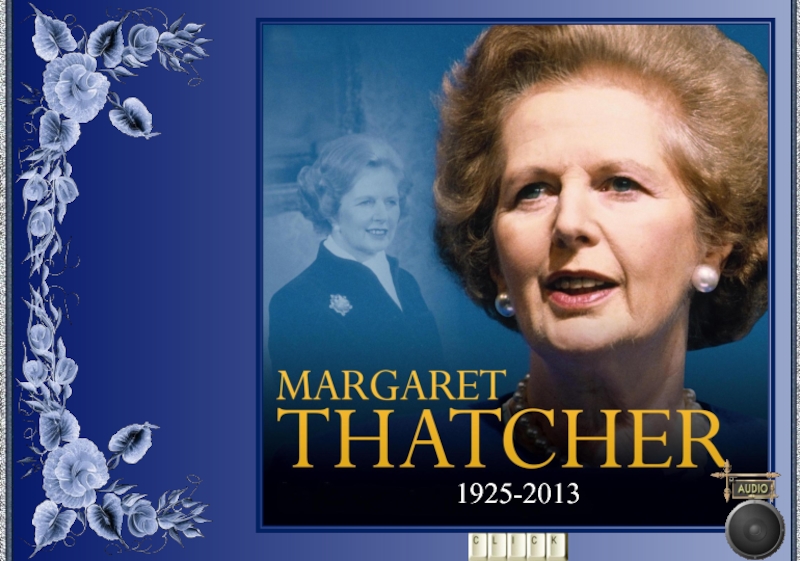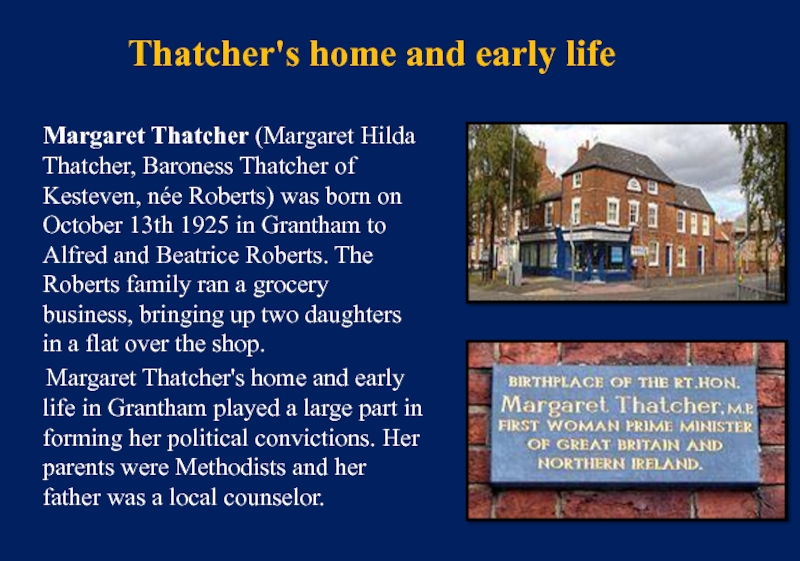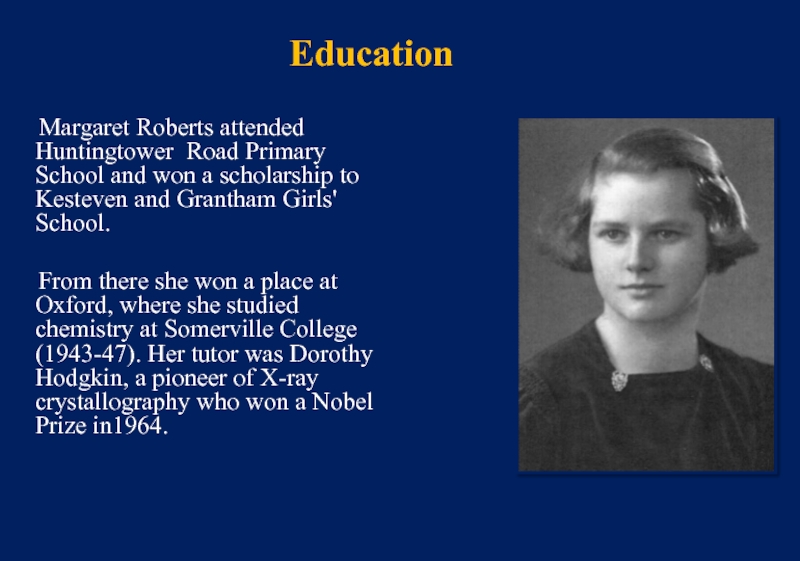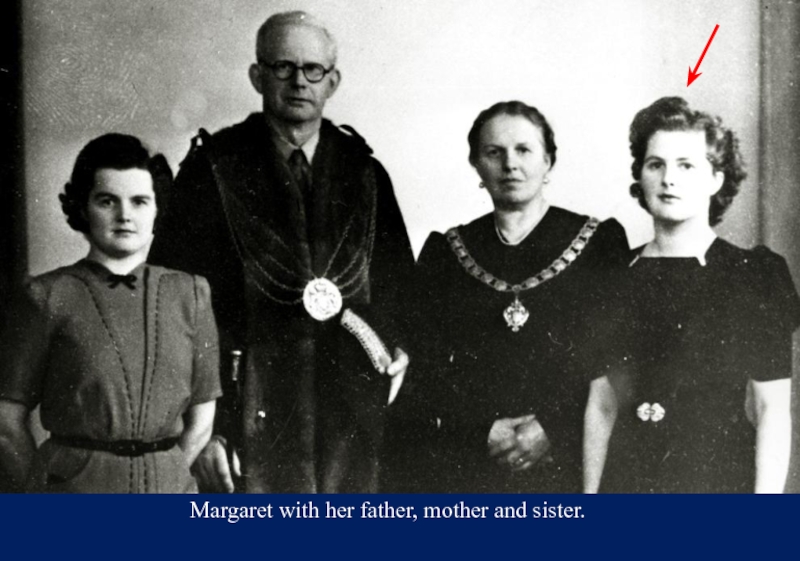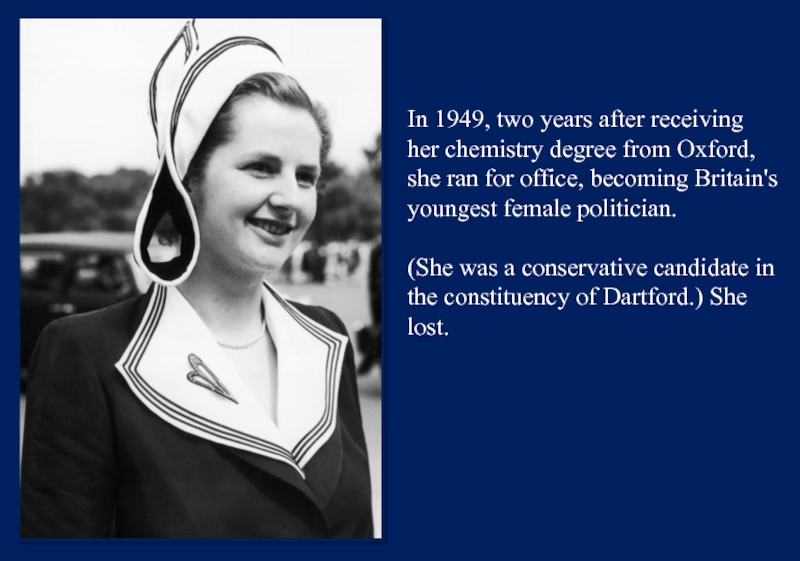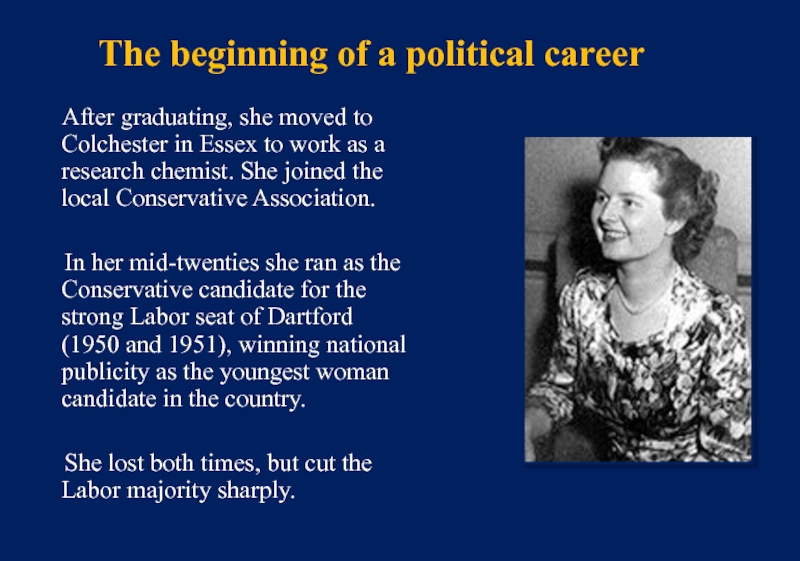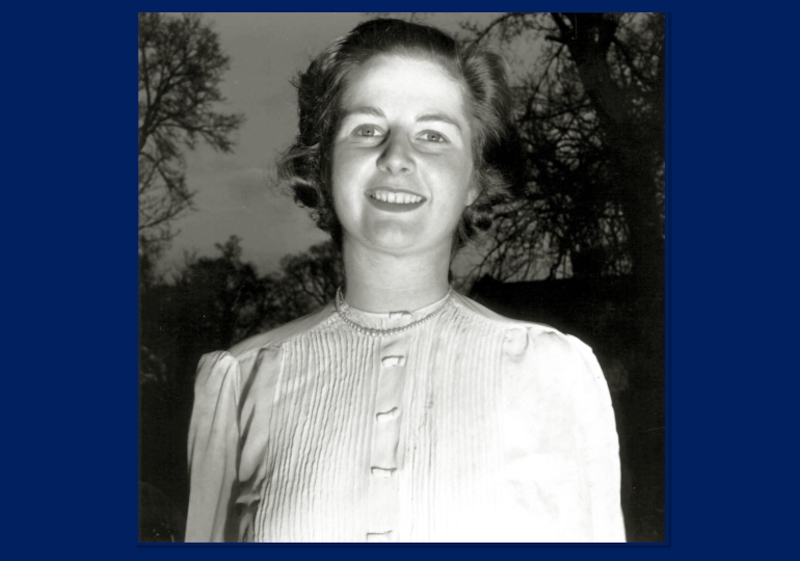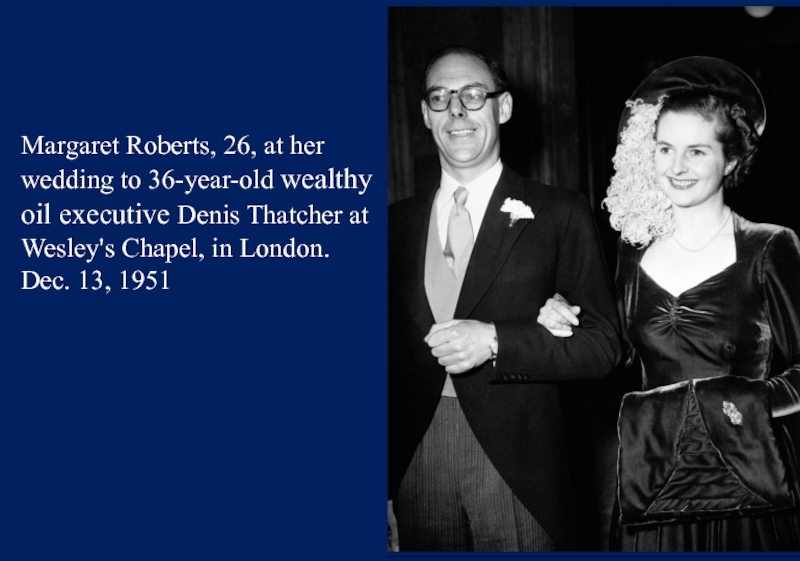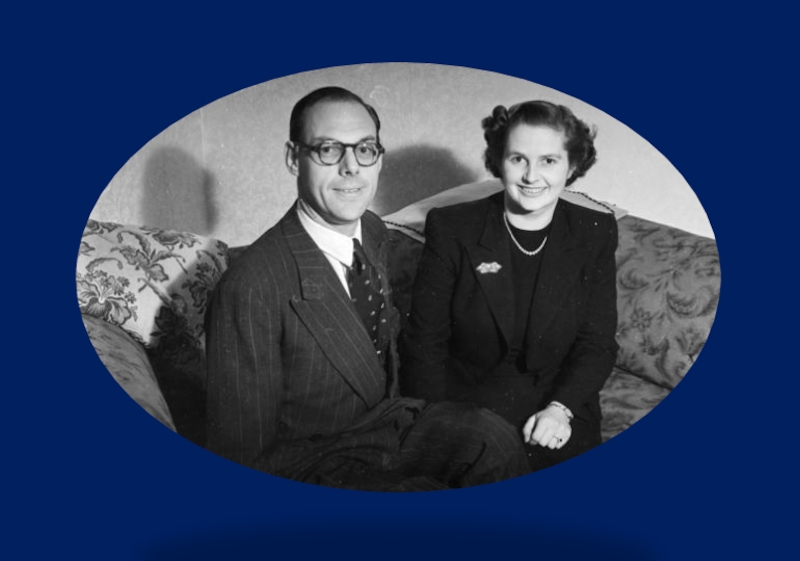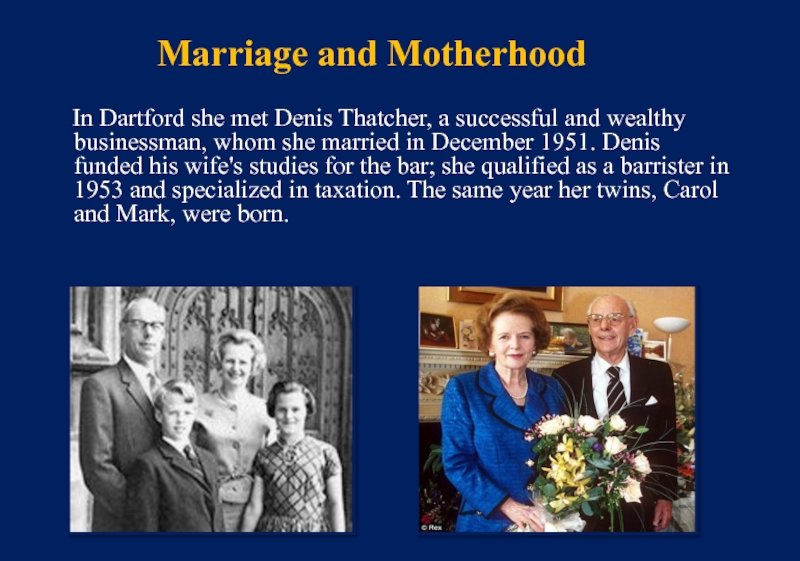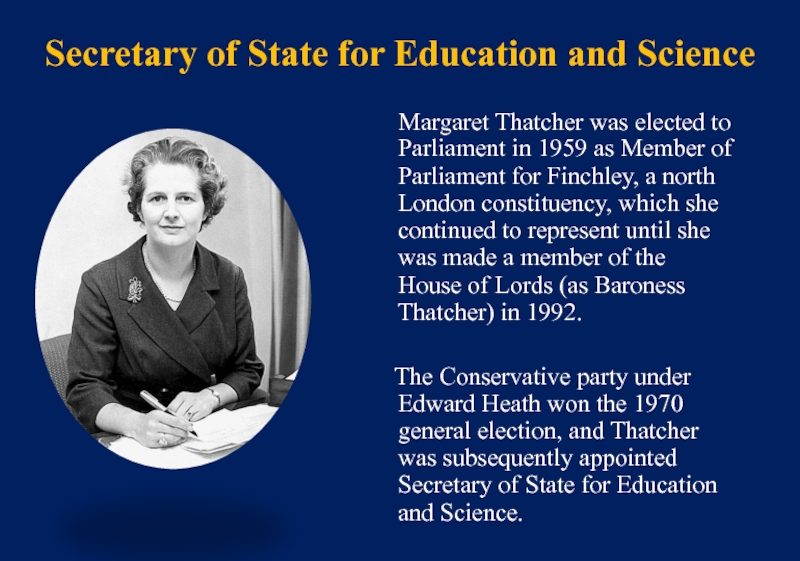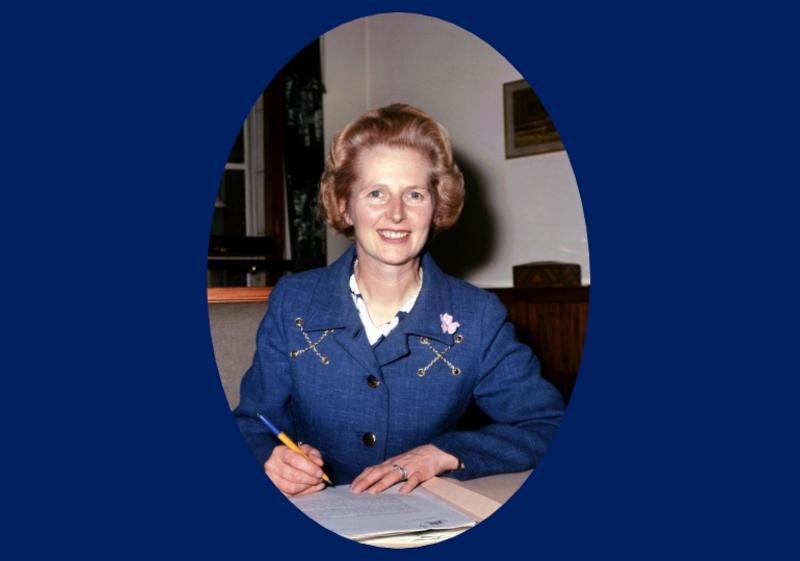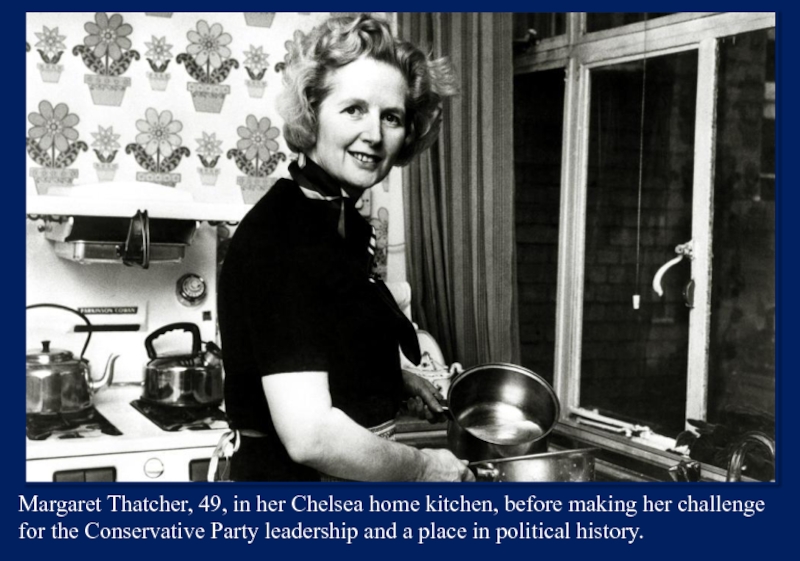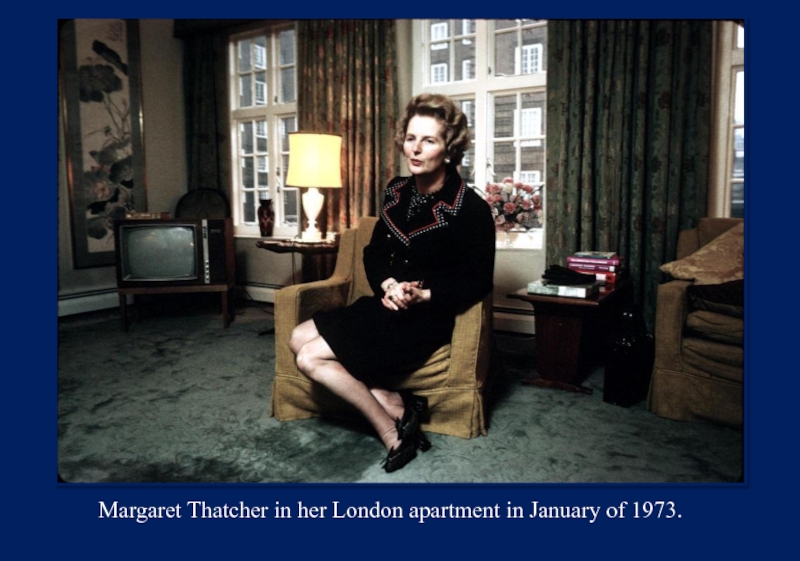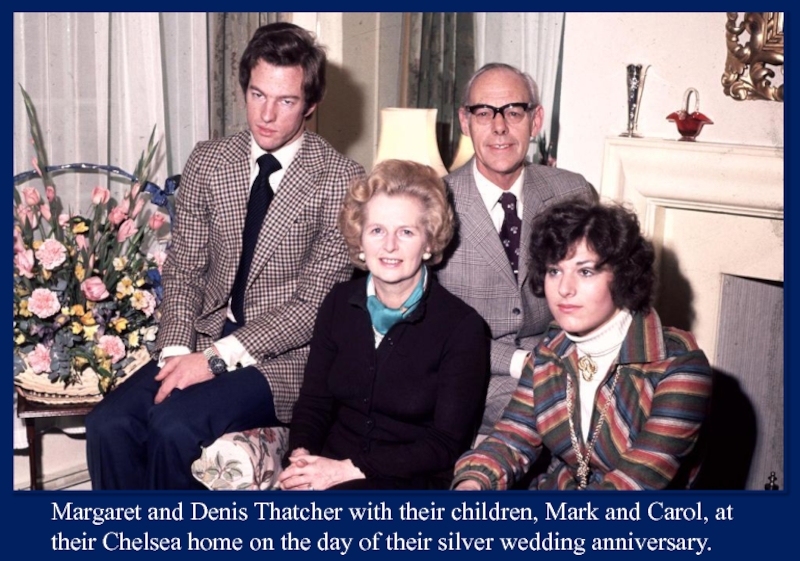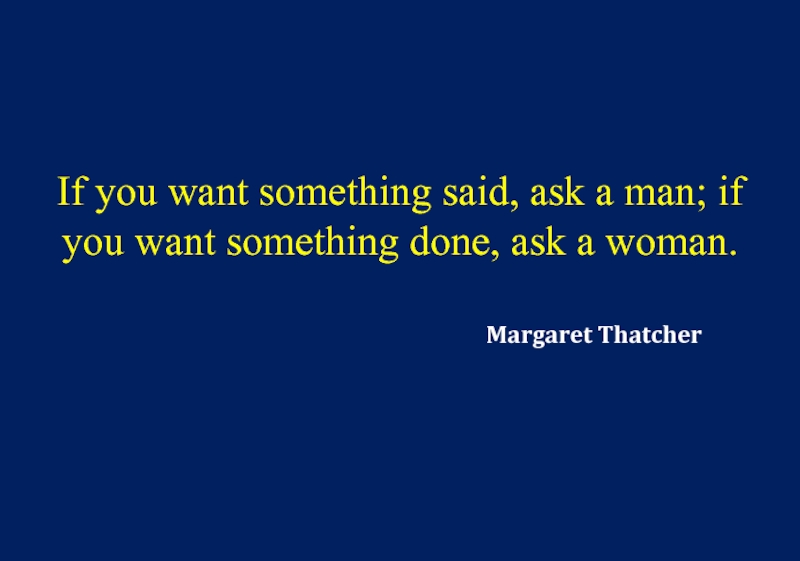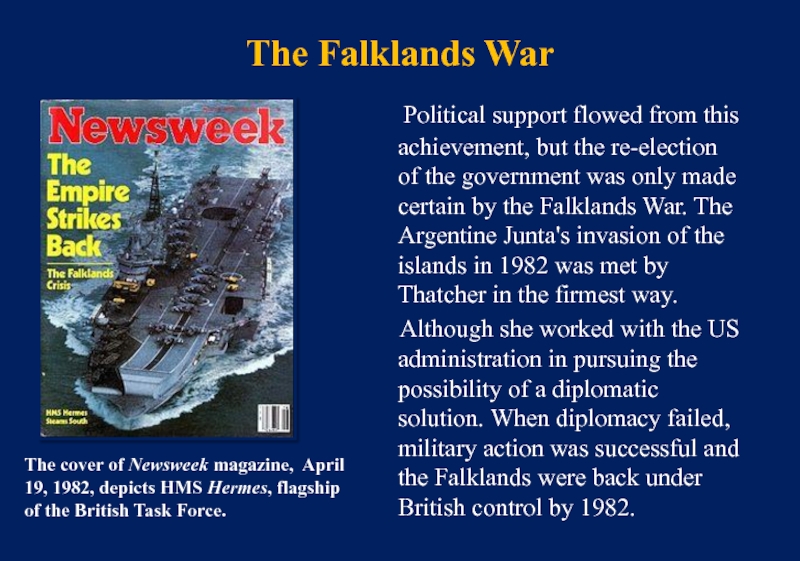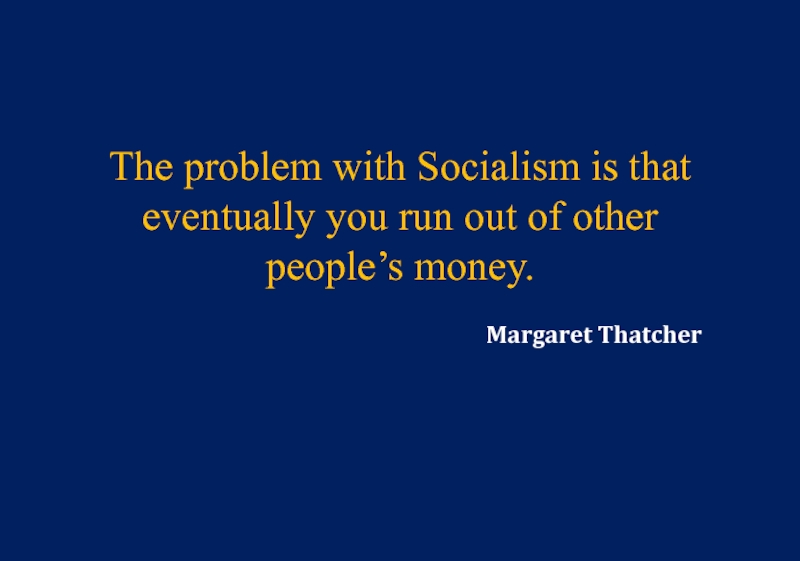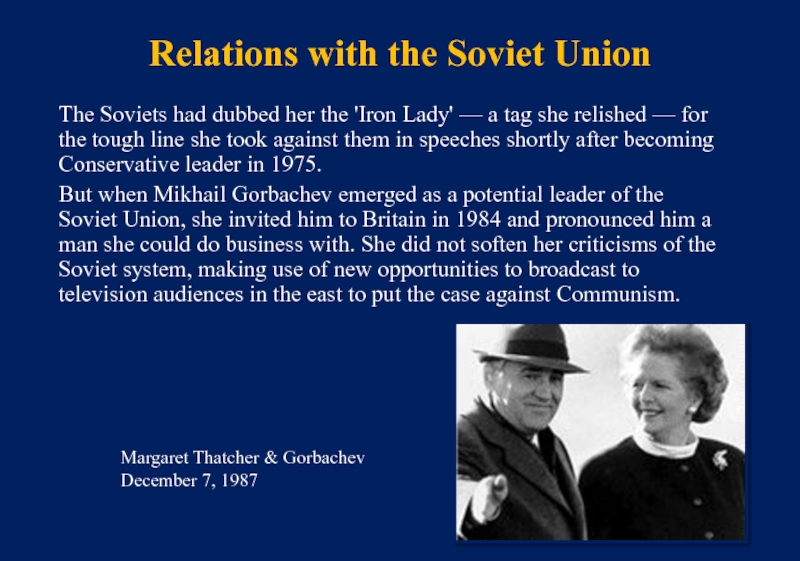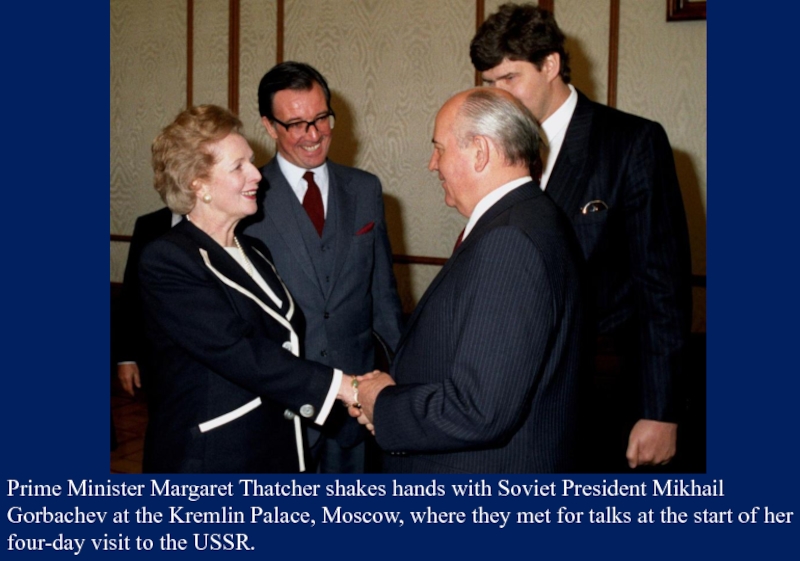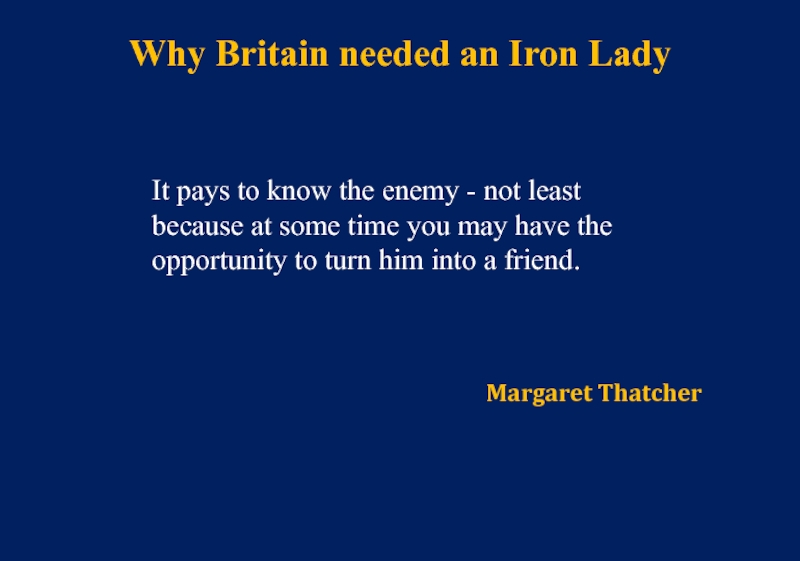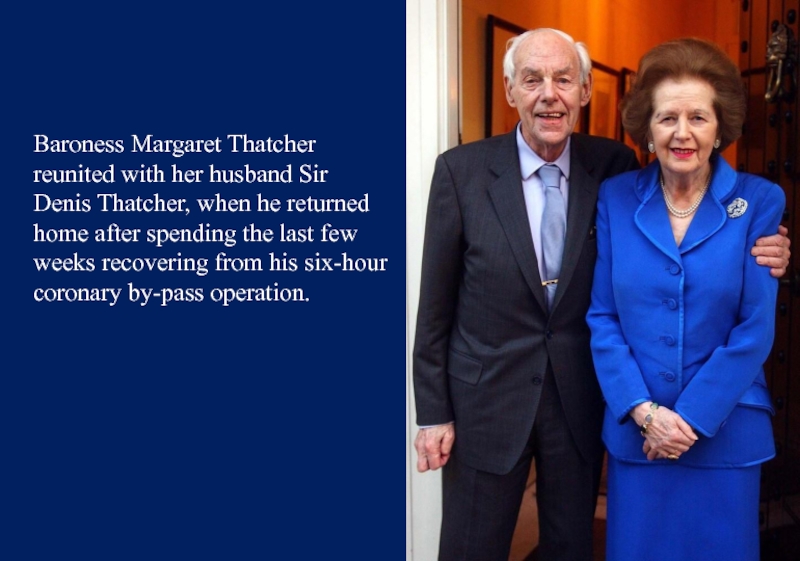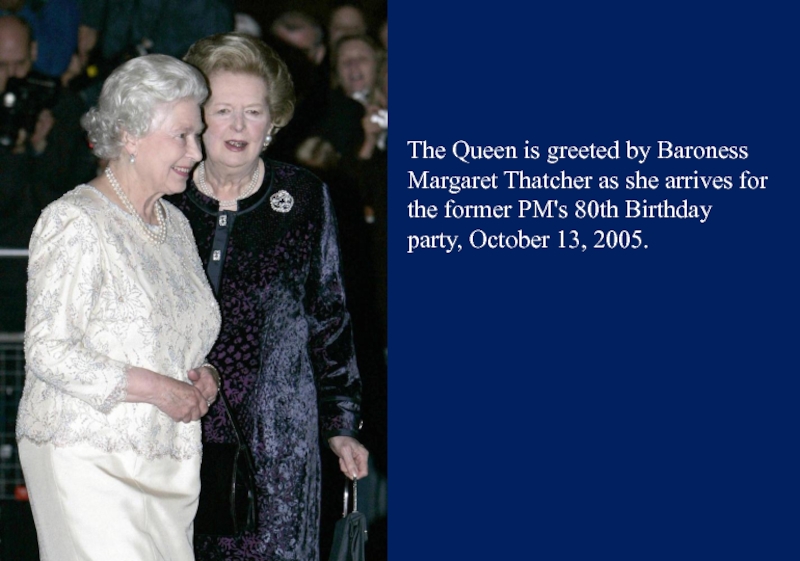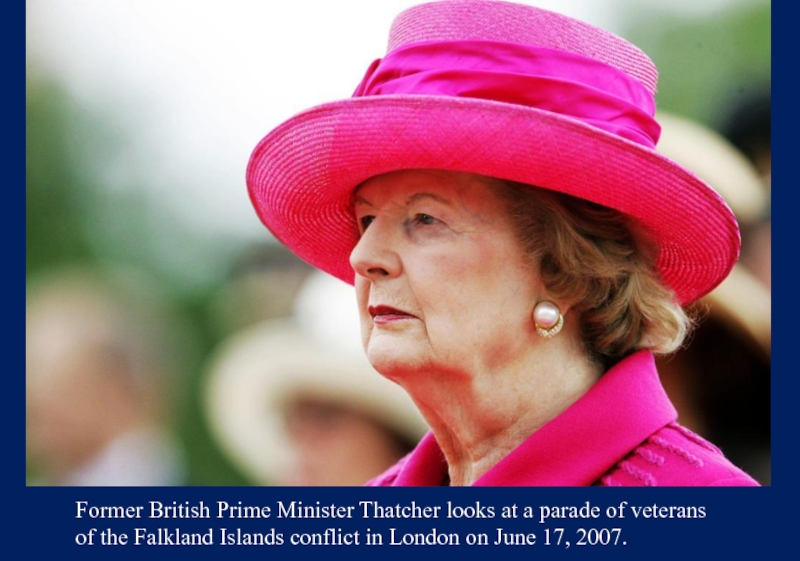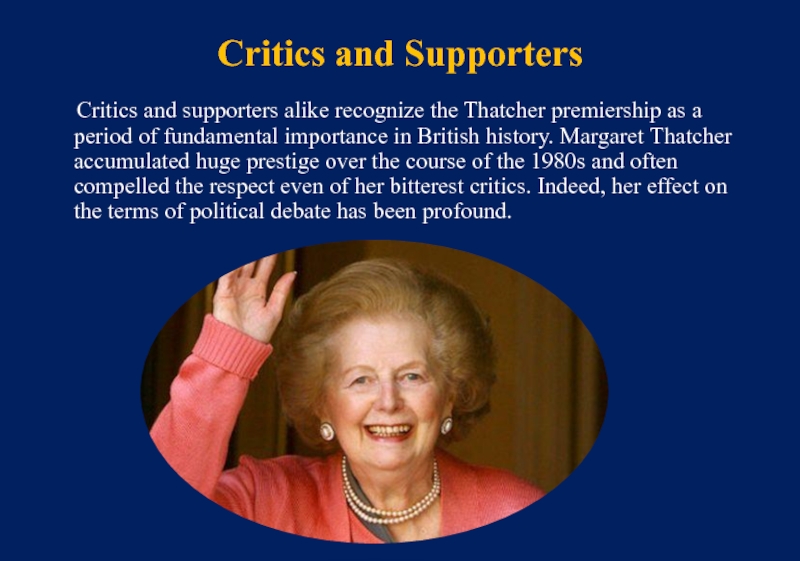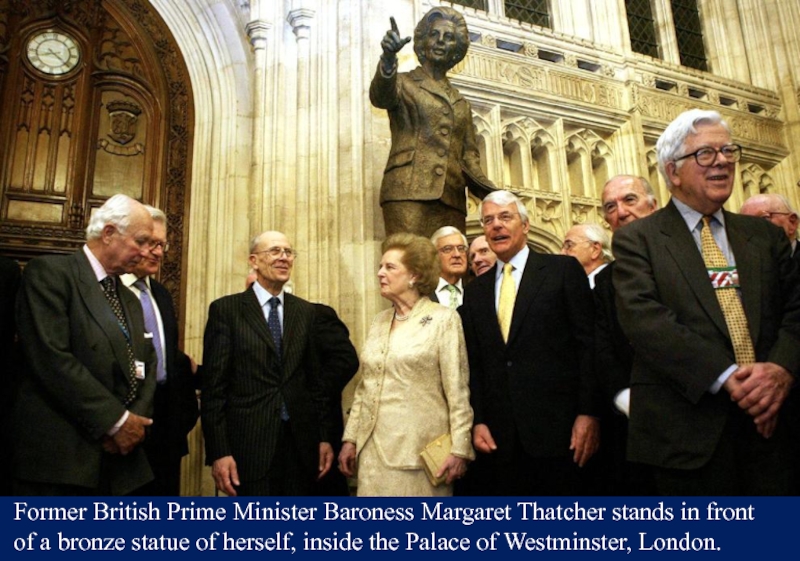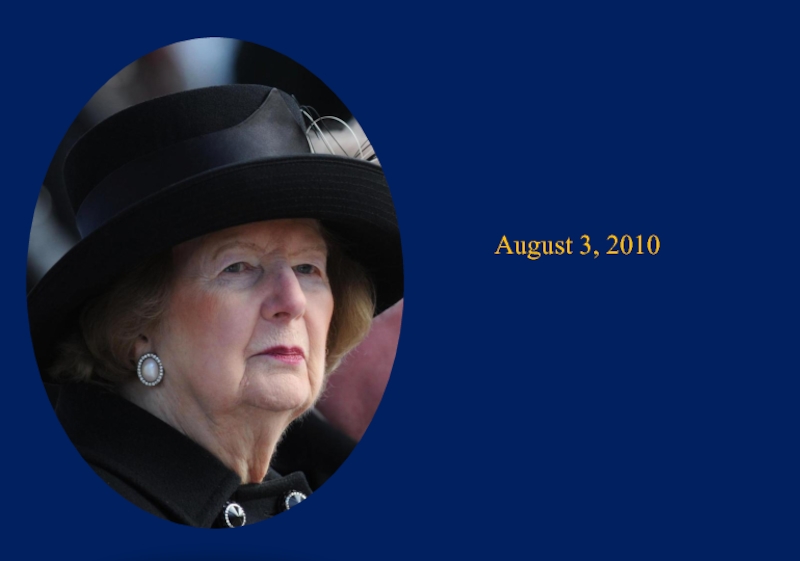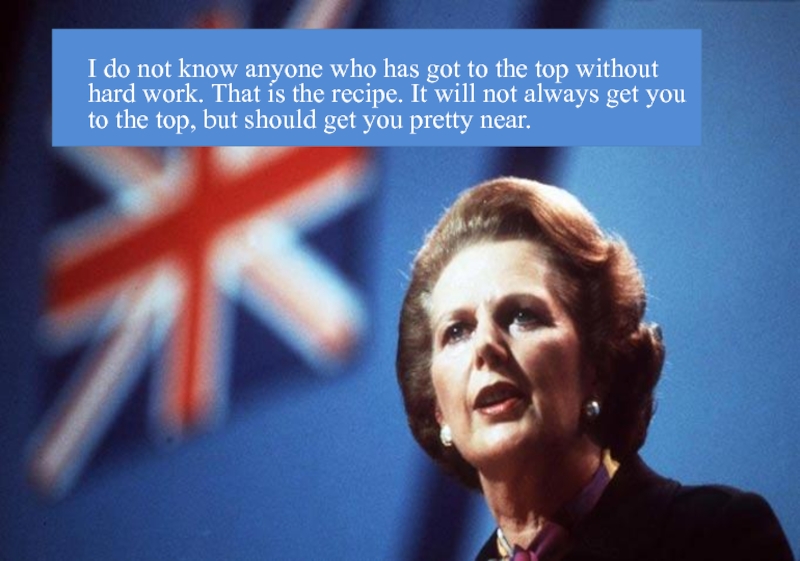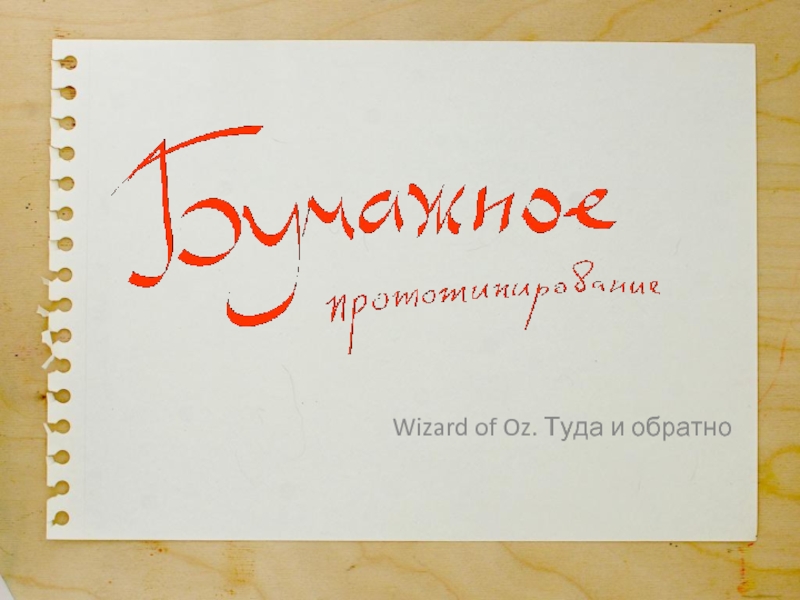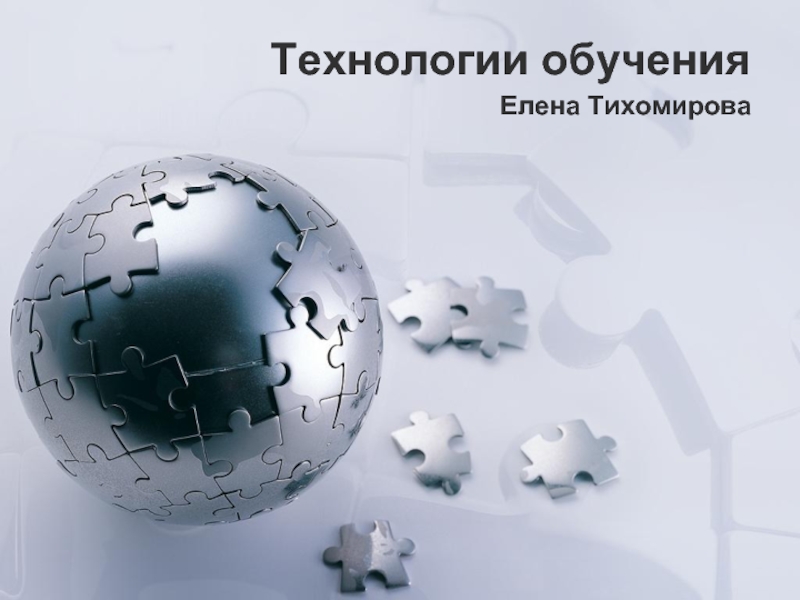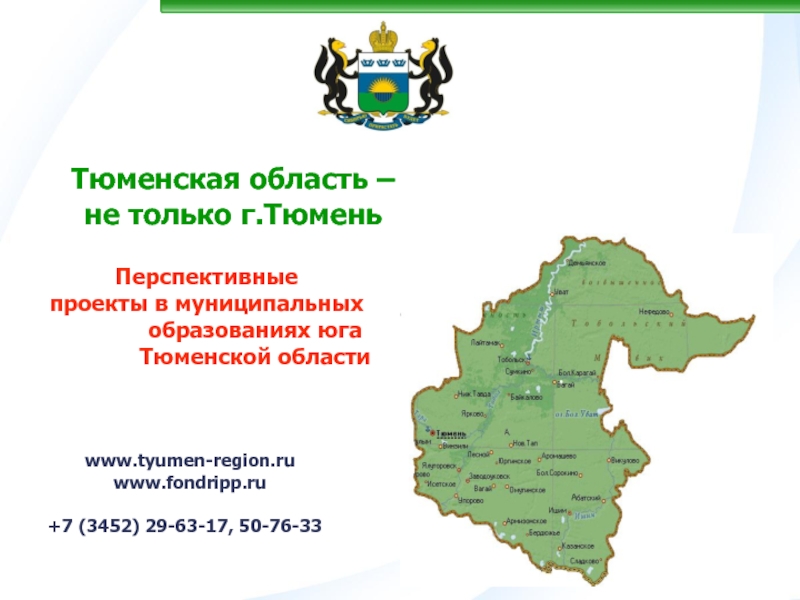- Главная
- Разное
- Дизайн
- Бизнес и предпринимательство
- Аналитика
- Образование
- Развлечения
- Красота и здоровье
- Финансы
- Государство
- Путешествия
- Спорт
- Недвижимость
- Армия
- Графика
- Культурология
- Еда и кулинария
- Лингвистика
- Английский язык
- Астрономия
- Алгебра
- Биология
- География
- Детские презентации
- Информатика
- История
- Литература
- Маркетинг
- Математика
- Медицина
- Менеджмент
- Музыка
- МХК
- Немецкий язык
- ОБЖ
- Обществознание
- Окружающий мир
- Педагогика
- Русский язык
- Технология
- Физика
- Философия
- Химия
- Шаблоны, картинки для презентаций
- Экология
- Экономика
- Юриспруденция
1925-2013 презентация
Содержание
- 1. 1925-2013
- 3. Thatcher's home and early life
- 4. Education Margaret Roberts
- 6. In 1949, two years after receiving her
- 7. The beginning of a political career
- 9. Margaret Roberts, 26, at her wedding
- 11. Marriage and Motherhood
- 12. Secretary of State for Education and Science
- 15. Margaret Thatcher, 49, in her Chelsea
- 17. Margaret and Denis
- 18. The Conservatives won a majority in the
- 19. If you want something said, ask a
- 20. 1979-1983: Prime minister – First Term
- 21. The Falklands War The cover of Newsweek
- 22. 1983-1987: Prime minister – Second Term
- 23. The Anglo-Irish Agreement
- 24. 1987-1990: Prime minister – Third Term
- 25. The problem with Socialism is that
- 26. Relations with the Soviet Union
- 27. Prime Minister Margaret Thatcher shakes hands
- 28. Why Britain needed an Iron Lady It
- 29. The Attitude towards Margaret Thatcher
- 31. Baroness Margaret Thatcher reunited with her
- 32. The Queen is greeted by Baroness
- 34. Margaret Thatcher and modern British Politics
- 35. Critics and Supporters Critics and
- 36. Former British Prime Minister Baroness
- 38. August 3, 2010
- 39. I do not know anyone who
Слайд 3Thatcher's home and early life
Margaret Thatcher (Margaret Hilda
Margaret Thatcher's home and early life in Grantham played a large part in forming her political convictions. Her parents were Methodists and her father was a local counselor.
Слайд 4Education
Margaret Roberts attended Huntingtower Road Primary School and
From there she won a place at Oxford, where she studied chemistry at Somerville College (1943-47). Her tutor was Dorothy Hodgkin, a pioneer of X-ray crystallography who won a Nobel Prize in1964.
Слайд 6In 1949, two years after receiving her chemistry degree from Oxford,
(She was a conservative candidate in the constituency of Dartford.) She lost.
Слайд 7The beginning of a political career
After graduating, she
In her mid-twenties she ran as the Conservative candidate for the strong Labor seat of Dartford (1950 and 1951), winning national publicity as the youngest woman candidate in the country.
She lost both times, but cut the Labor majority sharply.
Слайд 9
Margaret Roberts, 26, at her wedding to 36-year-old wealthy oil executive
Слайд 11Marriage and Motherhood
In Dartford she met
Слайд 12Secretary of State for Education and Science
The Conservative party under Edward Heath won the 1970 general election, and Thatcher was subsequently appointed Secretary of State for Education and Science.
Слайд 15 Margaret Thatcher, 49, in her Chelsea home kitchen, before making
for the Conservative Party leadership and a place in political history.
Слайд 17 Margaret and Denis Thatcher with their children,
their Chelsea home on the day of their silver wedding anniversary.
Слайд 18The Conservatives won a majority in the House of Commons,
Слайд 19If you want something said, ask a man; if you want
Margaret Thatcher
Слайд 201979-1983: Prime minister – First Term
Inflation was checked and the government created the expectation that it would do whatever was necessary to keep it low.
Слайд 21The Falklands War
The cover of Newsweek magazine, April 19, 1982, depicts
Political support flowed from this achievement, but the re-election of the government was only made certain by the Falklands War. The Argentine Junta's invasion of the islands in 1982 was met by Thatcher in the firmest way.
Although she worked with the US administration in pursuing the possibility of a diplomatic solution. When diplomacy failed, military action was successful and the Falklands were back under British control by 1982.
Слайд 221983-1987: Prime minister – Second Term
The economy continued
The British privatizations of the 1980s were the first of their kind and proved influential across the world.
Слайд 23The Anglo-Irish Agreement
In October 1984 the
The Anglo-Irish Agreement of 1985 was an attempt to improve security cooperation between Britain and Ireland and to give some recognition to the political outlook of Catholics in Northern Ireland, an initiative which won warm endorsement from the Reagan administration and the US Congress.
Margaret Thatcher & Ronald Reagan at Camp David, December 22, 1984.
Слайд 241987-1990: Prime minister – Third Term
The legislative platform
There were measures to reform the education system (1988). There was a new tax system for local government (1989), the Community Charge. And there was legislation to separate purchasers and providers within the National Health Service (1990).
Слайд 25The problem with Socialism is that eventually you run
Margaret Thatcher
Слайд 26Relations with the Soviet Union
The Soviets had dubbed her
But when Mikhail Gorbachev emerged as a potential leader of the Soviet Union, she invited him to Britain in 1984 and pronounced him a man she could do business with. She did not soften her criticisms of the Soviet system, making use of new opportunities to broadcast to television audiences in the east to put the case against Communism.
Margaret Thatcher & Gorbachev December 7, 1987
Слайд 27
Prime Minister Margaret Thatcher shakes hands with Soviet President Mikhail Gorbachev
Слайд 28Why Britain needed an Iron Lady
It pays to know the enemy
Margaret Thatcher
Слайд 29The Attitude towards Margaret Thatcher
Margaret Thatcher remains an
Critics claim that her economic policies were divisive socially, that she was harsh in her politics.
Defenders point to a transformation in Britain's economic performance over the course of the Thatcher Governments.
Trade union reforms, privatization, deregulation, a strong anti-inflationary stance, and control of tax and spending have created better economic prospects for Britain than seemed possible when she became Prime Minister in 1979.
Слайд 30
Former Prime Minister
US President Ronald Reagan at Claridges, in London. 1990
Слайд 31
Baroness Margaret Thatcher reunited with her husband Sir Denis Thatcher, when
Слайд 32
The Queen is greeted by Baroness Margaret Thatcher as she arrives
Слайд 33
Former British Prime Minister Thatcher
of the Falkland Islands conflict in London on June 17, 2007.
Слайд 34Margaret Thatcher and modern British Politics
The Labor Party
Margaret Thatcher and Tony Blair
Margaret Thatcher and Gordon Brown
Слайд 35Critics and Supporters
Critics and supporters alike recognize the Thatcher
Слайд 36
Former British Prime Minister Baroness Margaret Thatcher stands in front
of a bronze statue of herself, inside the Palace of Westminster, London.
Слайд 37
Here, the
in St. Peter’s Square, at the Vatican on May 27, 2009.
